I had written for my school paper in New Hampshire at Bishop Guertin High School.
About Mike Lupica
Mike Lupica has written sports columns for the New York Daily News since 1977. He also writes young adult novels and appears on ESPN's "Sports Reporters."
BORN: May 11, 1952
HOMETOWN: Nashua, New Hampshire
LIVES: New Canaan, Connecticut
EDUCATION: Boston College
OCCUPATION: Sports Columnist & Author
TWITTER:
@MikeLupica
Read More
I played sports there, but I also wrote for the school paper. When I was a junior, I started covering some of the BG sports for The Nashua Telegraph, which was the local paper. Those were my first bylines at five dollars a story. The first time I handed in a story, I didn’t even know I was supposed to double-space.
When I got to Boston College, The Heights was the school paper and I got in with them. There were also a couple other smaller school papers and I started writing for them. And then by sheer chance, somebody at BC passed on one of my columns from The Heights to Ernie Roberts, who was the sports editor at The Boston Globe. I’m still not clear at this time who did that.
Roberts called me up and asked me if I’d like to write a feature for the Globe. And every year there was the star baton twirler called ‘The Golden Girl.’. I wrote a feature on ‘Pam Lake’ and the lead was that ‘she has the best pair of hands on the BC campus, but she doesn’t play football.’ That was the lead.
The next day, it was on the front page of The Boston Evening Globe. And from that moment on, I was sure I was going to try to do [sportswriting] the rest of my life.
I started working nights at the Globe while I was at BC and started writing features for them while I was in college. They actually offered me the Patriots beat while at Boston College after my junior year.
And then I kind of segued from that into writing for The Boston Phoenix. We were a two- man sports section: the late George Kimball who was great and a wonderful, colorful character that ended up being a columnist for The (Boston) Herald and me.
Even when I was in college, my English teachers were very understanding because I would actually go off and cover things like the Bobby Riggs-Billie Jean King tennis match. But they knew, especially my writing teachers, I was learning by doing.
Everybody expected me to go with the Globe when I graduated, but Roberts had retired and the new sports editor kind of wanted to start me off covering high school sports and I told him, ‘Well, I already did that.’.I ended up not going to work for the Globe and I freelanced for a year in Boston. I continued to write for the Phoenix, I wrote for Boston Magazine. I met Jimmy Breslin, whose friend was editing The Washington Star. So I started covering Wimbledon for them. I cobbled together a living as a freelance writer and I was still living in Boston.
The next year, I was at the U.S. Open. I was covering the U.S. Open for the Star. And I got a call from Ike Gellis that he wanted to meet me.
So I went down to South Street where the New York Post offices were in those days in 1975. And I met with Mr. Gellis and about halfway through the interview, he was this great character, little guy, and it sounded to me like he acted like I had just cold-called him, when he called me.
So I was like, ‘Mr. Gellis, why don’t I give you my clips and then if you like them you’ll hire me and if you don’t like them you won’t.’
I actually had to fly back to Boston. I mean this is pre-Internet and pre-everything, trying to get my stack of clips together. I went back to New York the next day. I gave him my clips and he offered me a job writing for The New York Post. This was right after The [U.S. Tennis] Open in 1975 and it actually happened in bewilderingly quick fashion. It’s just another example in my life where I sort of got hit by lightning.
I moved to New York after Game 1 of the 1975 World Series. The first week I was at the Post, it was like a 60 or 90-day tryout.
I was sleeping on a couch at my friend’s apartment. I wrote these four features the first week. Then you go in on Friday to see what your schedule is going to be like for the next week. The Knicks were opening their season and I looked at it like ‘Knicks Game Story?’
So I went into Mr. Gellis’ office and he puts his hands over the phone and says, ‘What?’ And I said, ‘Mr. Gellis, you had me covering the Knicks next week and I thought Lenny Lewin was covering the Knicks?’
He looks up and says, ‘Not anymore’ and he went back to talking to his bookie.
In that moment my life changed because I realized without him ever telling me and him having hired me out of complete obscurity, he had hired me to cover the New York Knicks for The New York Post.
I did that for a year and then The New York Daily News needed a young columnist because Dick Young, who was a legendary columnist, had gotten a little more reactionary and right-wing as he got older.
Michael Burke ran the Knicks at the Garden in those days. And he and Mike O’Neill were best friends. O’Neill takes him out to lunch and says, ‘listen’. He lays out who he’s trying to hire for The New York Daily News. Burke says, ‘Listen I can give you 10 or 12 things that could fit the bill on what you’re looking for perfectly’. He said, ‘There’s a kid at The New York Post covering the Knicks who is going to be better than all of them’. Then Mike O’Neill hired me to start writing a column for The New York Daily News in January of 1977. I didn’t know this until much later; Burke said it to me in a letter not long before he died. That was really the beginning of it. I’ve pretty much been there ever since.
I spent one year at The National and one year writing for Newsday. But other than that, I’ve been with the Daily News. And over the last 10 years, I made the transition where I was writing for the back of the paper, as well as for the front of the paper.
[Success At A Young Age]
Ever since I wrote for The Heights at Boston College, I just tried to tell my story as best as I could.
It was exciting. It was fun being in New York. And all of the legends, Red Smith was so nice to me from the start. Dave Anderson was so nice to me from the start, Dan Jenkins and Sports Illustrated.
I started with Pete Hamill the same day at the Daily News in January of 1977. Breslin was there and I could walk down the hall and talk to Breslin and Hamill, who had been my two newspaper heroes.
I would go on a plane to go cover assignments like Wimbledon or the Olympics, but I never thought I was doing anything different than what I was doing when I was writing a column for The Heights. I’ve always approached it exactly the same way.
I saw [Kirk] Gibson’s home run, I saw the ball go through [Bill] Buckner’s legs. I was in Atlanta when the bomb went off at the Olympics. I’ve covered a lot of extraordinary events over my career, but the night we beat the Russians, I wasn’t even 30. I sort of had a feeling that was probably the biggest story and biggest game I’d ever see.
[Most Favorite Event]
I was at the Lake Placid Winter Olympics in 1980. It was probably the greatest story that I’d ever get to cover.
I saw [Kirk] Gibson’s home run, I saw the ball go through [Bill] Buckner’s legs. I was in Atlanta when the bomb went off at the Olympics. I’ve covered a lot of extraordinary events over my career, but the night we beat the Russians, I wasn’t even 30. I sort of had a feeling that was probably the biggest story and biggest game I’d ever see.
You know, 35 years later, when I travel around the country now to talk about my books at schools and libraries, I always reference that game. I tell kids that the next moment is the one that can change everything. That’s the beauty of sports.
That night, Mark Johnson scored a goal with one second left in the first period and it tied the game. It made the Russian coach bench the best goalie in the world and all of a sudden it was just not the game it was supposed to be. After the game that night, I heard somebody say ‘I don’t know how you write this’. I turn around and say ‘No no, if you can’t write this then you have to find something else to do, These are the nights why we got into this business. It’s the nights when not much happens and the games are awful, then you struggle. But when you see the greatest game ever played. That’s a night where you can’t wait to get to your typewriter and start writing.’
[His Career As An Author]
I had written a mystery series for adults, I had written some comic novels about professional sports. I had written a TV movie off of one of my mysteries, but I have four children and when my middle son was 12, he didn’t make this travel basketball team in our town and even though nobody said it, it was pretty clear to me that he was too small along with another boy who was even smaller than he was.
So I was telling Jeff Van Gundy this story a couple of days later, and he said ‘You know, if this was a movie, you’d take all the kids who got cut, start a team of your own and win the big game at the end.’ I tell kids now, the problem with a good idea is once it gets inside your head, it’s impossible to get out.
So a few days later, I took all of the kids who got cut and started a team on my own. I hired a coach, I scheduled games in our area and I gave these kids a season that they otherwise weren’t going to have. They were awful at the start. I tell the kids now that to compare them to ‘The Bad News Bears’ would’ve been insulting. Except then they got better and they started to win games. There was no postseason tournament, no March Madness. But I said every game you play, you play for the championship of any boy or girl who were told that they weren’t good enough for the sport. We won the last game of the season by one point on a free throw with three seconds. They ran around the gym like they had won the championship. And now I’ve got my Hollywood ending that Jeff had imagined for me. We had our postseason party and it was a happy ending all around. But I couldn’t let go of the season. I’d seen something special watching these kids.
I wrote a three-page outline for a novel and I faxed it to my agent at about 11 in the morning. And at 2:00 p.m., we had a deal to write Travel Team.
We printed out 20,000 copies, this is October 2004. For 10 days it was number one on the Times Bestseller List. It ended up selling, like, half a million books. And all of a sudden I was known as somebody who could get boys to want to read. And that continues to this day. But it all started with a letter on our kitchen table telling Alex, my son, that he didn’t make this team and as my wife said, ‘Usually that’s the end of the story’ and in our family it was just the beginning.
Him not making that team changed my life.
The bare bones of it started from a boy being cut for being too small. I’ve written about 20 books since then.
It’s the nights when not much happens and the games are awful, then you struggle. But when you see the greatest game ever played. That’s a night where you can’t wait to get to your typewriter and start writing.’
[Journalists and Contemporaries He Most Admired]
Breslin and Hamill in my mind (and Mike Royko) were the three greatest columnists of all time. And Jimmy and Pete, I was able to work them, I still know them. They were my heroes. To come to New York, write columns and hopefully write books.
I think Dan Jenkins is the greatest sportswriter who ever lived. He showed game stories that were really columns that had humor and reporting and point of view for Sports Illustrated back in the sixties and seventies. When I edited ‘The Best Sports Stories’ a few years ago, my opening essay was mostly about Dan because that’s how great I thought he was. And there were other people who I loved reading. Frank Deford, who I later worked with at the National. But my newspaper heroes were Jimmy and Pete.
[The Transition to Radio and Television]
I’ve always thought of myself as a writer.
I joke with people that I’m one of the people who have never been suspended at ESPN. You would’ve thought that after 25 years on ‘The Sports Reporters’. But I never say anything that I wouldn’t write.
So I’ve always had this voice. It’s not the same as it was when I was 25, but it hasn’t changed a whole lot.
People who know me, watch me on TV or read my columns know that that’s who I am. Pete Hamill always said that the hardest thing for a columnist is to find his own voice. And he said having one is like a boxer having a left hand. So I’ve always had this voice. It’s not the same as it was when I was 25, but it hasn’t changed a whole lot. I talk on television about sports and stuff. I now go on ‘Morning Joe’ to talk about politics. But there’s always a filter with me. You’re not going to hear me say stuff on television that I wouldn’t write.
[Personal Life]
I was never one of those guys who ever put my career before my family. Three boys and a girl, I’ve got the most amazing wife. I think of myself as a husband and a father and a son. My parents are 91 and 88. As my kids have grown up, I travel less and less. Sometimes I take them with me. I never got my priorities out of whack.
[Advice For Young Journalists and Sportswriters]
I wish the field was more wide open for young journalists starting out. I have a great belief that talent gets found. I actually believe that.
There might not be as many jobs there, but I believe that talent gets found. My life is an example of that. I tell this to the kids who read my books. Just make sure you do your best work everyday. I don’t know what column of mine it was at Boston College that got me a chance to write for The Boston Globe. It must’ve been good enough that day that Mr. Roberts thought it was worth calling me and giving me a chance to write for the Globe. I didn’t know Mr. Burke was following what I was writing for The New York Post, but apparently he was. Once you put your name on something, you are a writer that day. You have to make sure that you do your best work because you don’t know who is going to see it. I might not pick up a paper in San Antonio or Cleveland or Salt Lake and see that writer’s best day. But if there’s talent there, then I’m going to see it.
Once you put your name on something, you are a writer that day. You have to make sure that you do your best work because you don’t know who is going to see it.
I can’t stress that enough, Talent gets found, but make sure you do your best work.
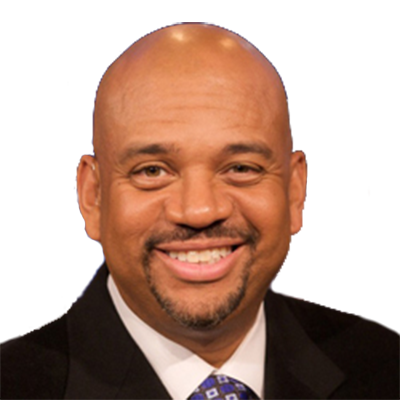 Michael Wilbon
Michael Wilbon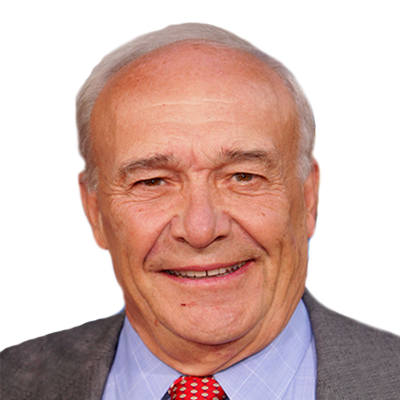 Bill Nack
Bill Nack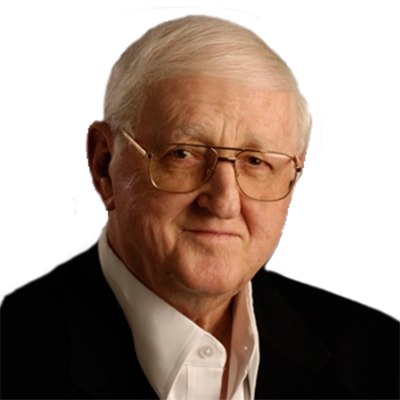 Dan Jenkins
Dan Jenkins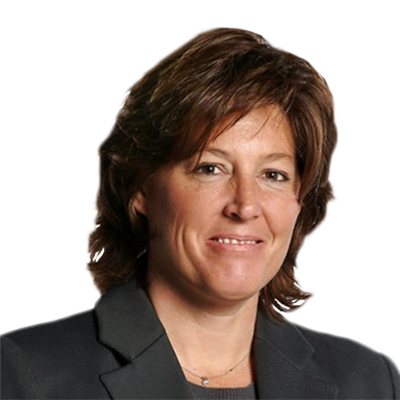 Sally Jenkins
Sally Jenkins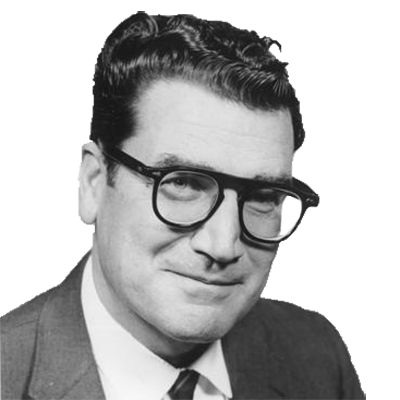 Jim Murray
Jim Murray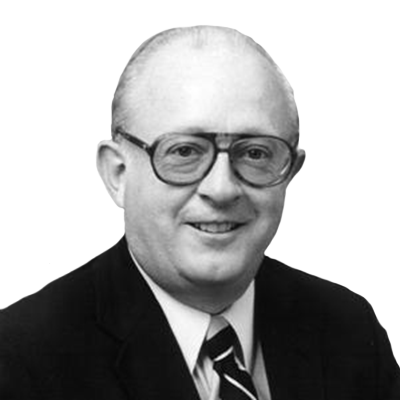 Dave Anderson
Dave Anderson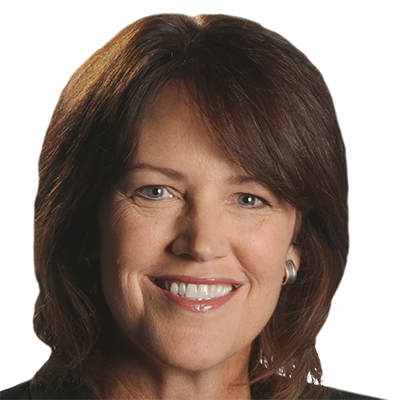 Christine Brennan
Christine Brennan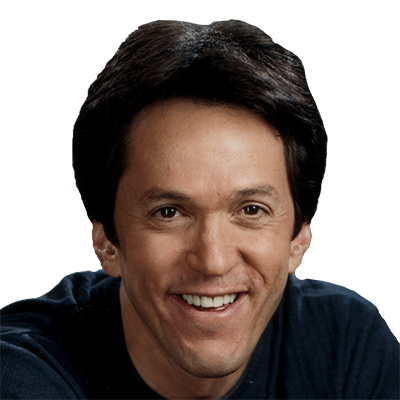 Mitch Albom
Mitch Albom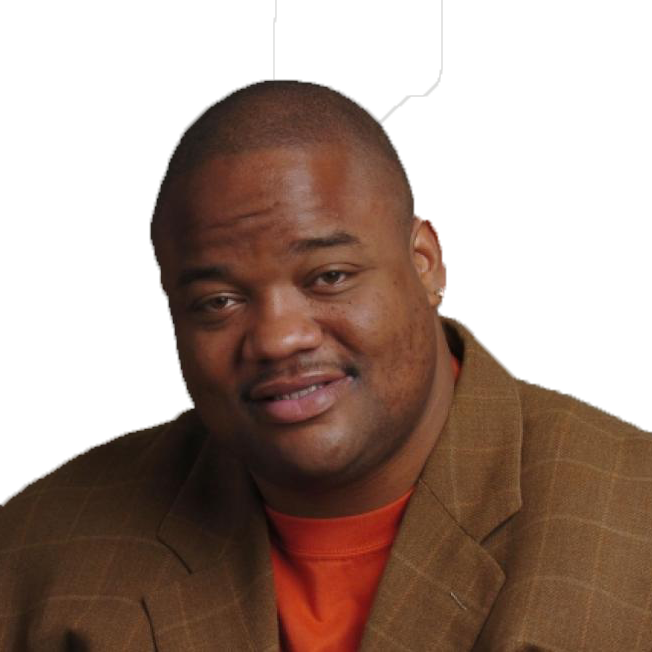 Jason Whitlock
Jason Whitlock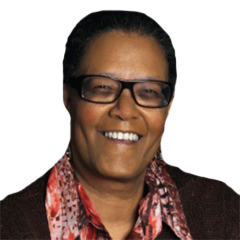 Claire Smith
Claire Smith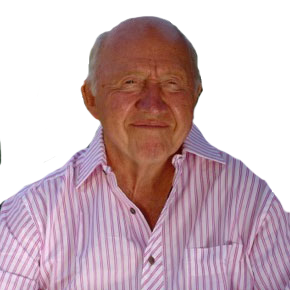 Bud Collins
Bud Collins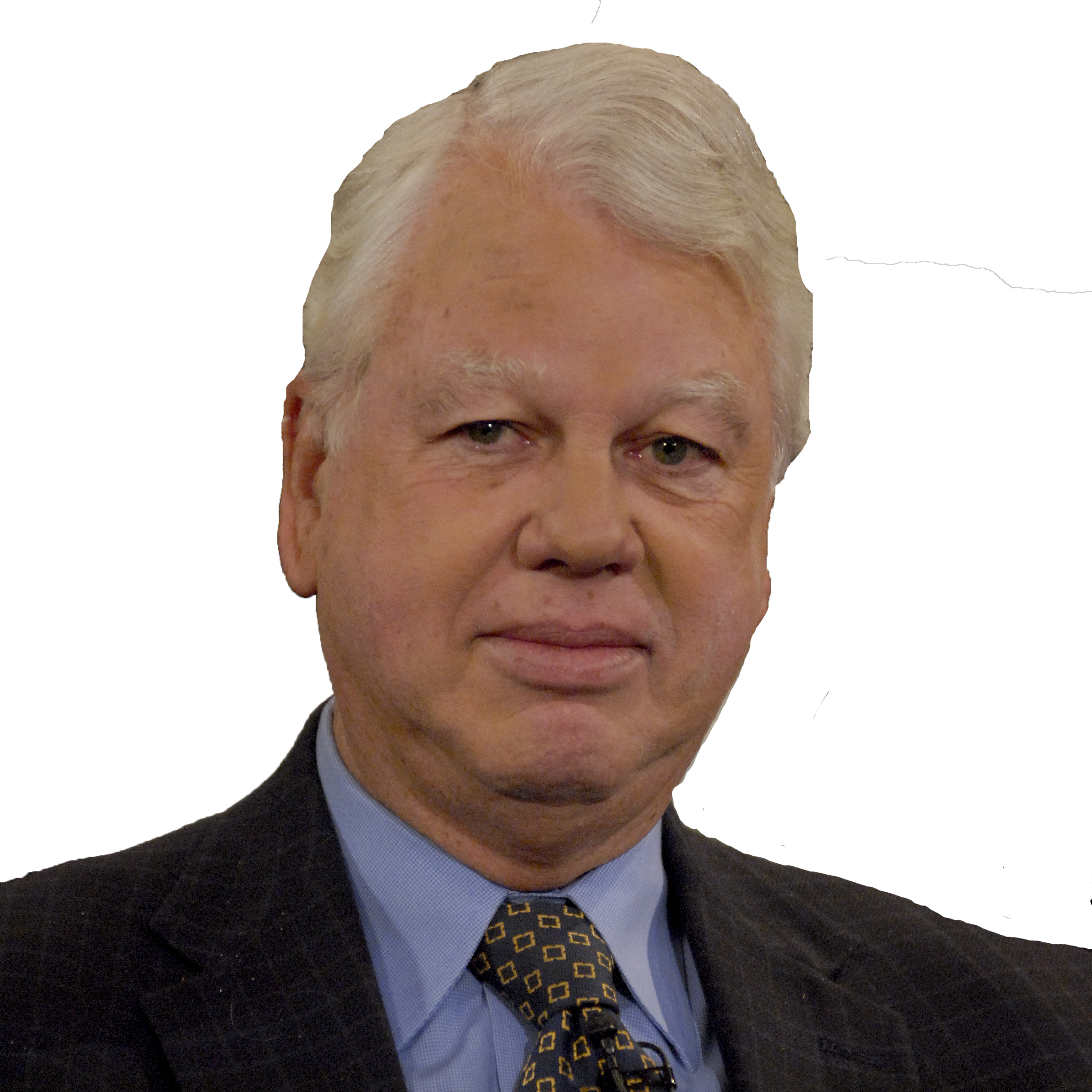 Bob Ryan
Bob Ryan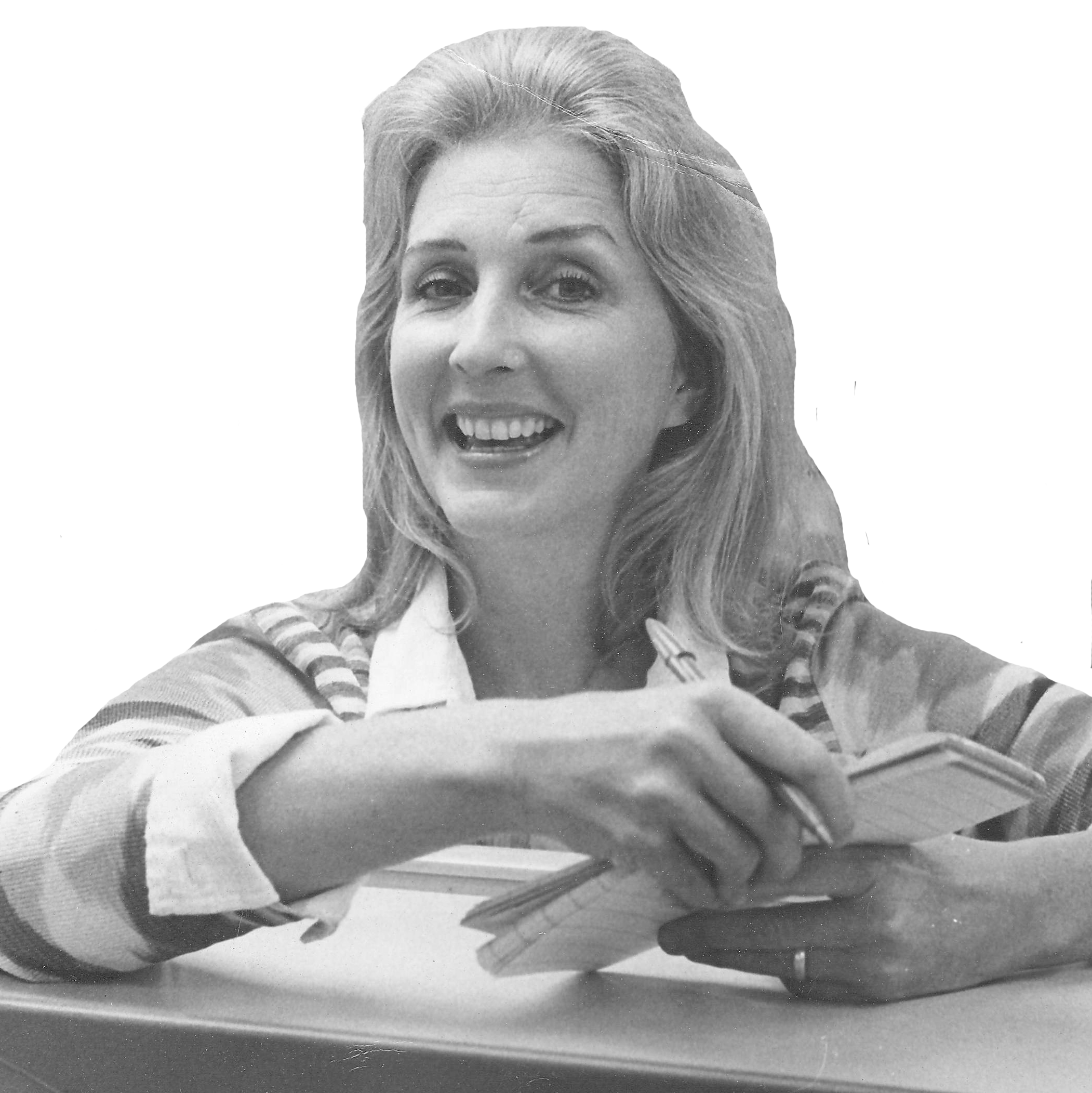 Joan Ryan
Joan Ryan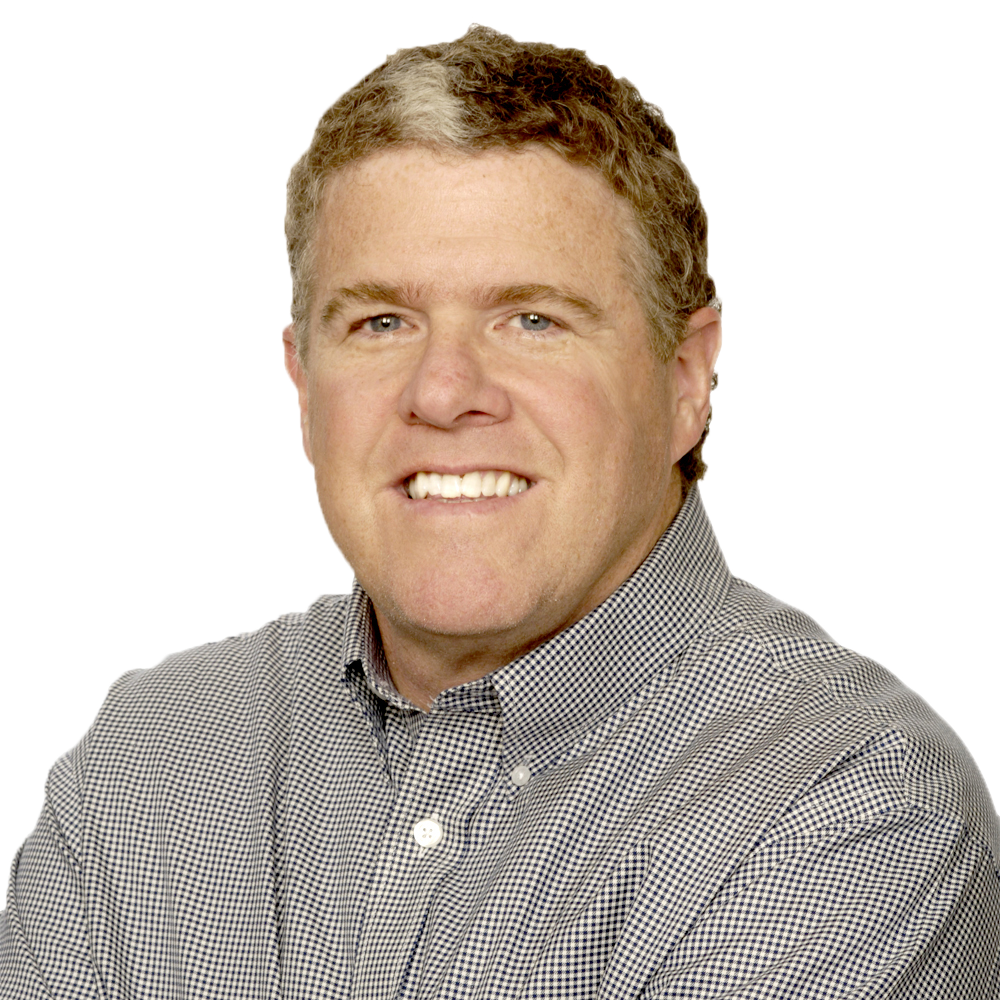 Peter King
Peter King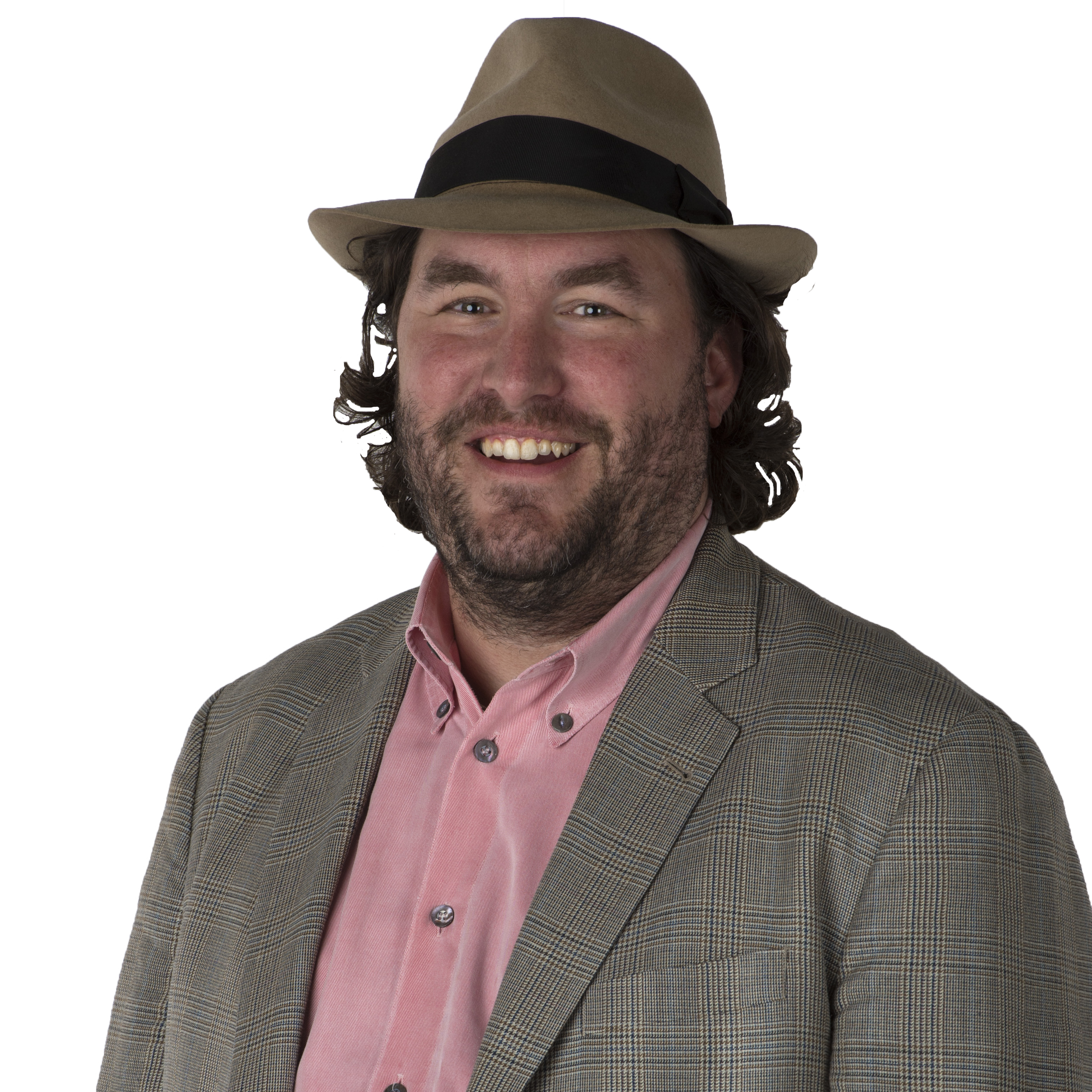 Wright Thompson
Wright Thompson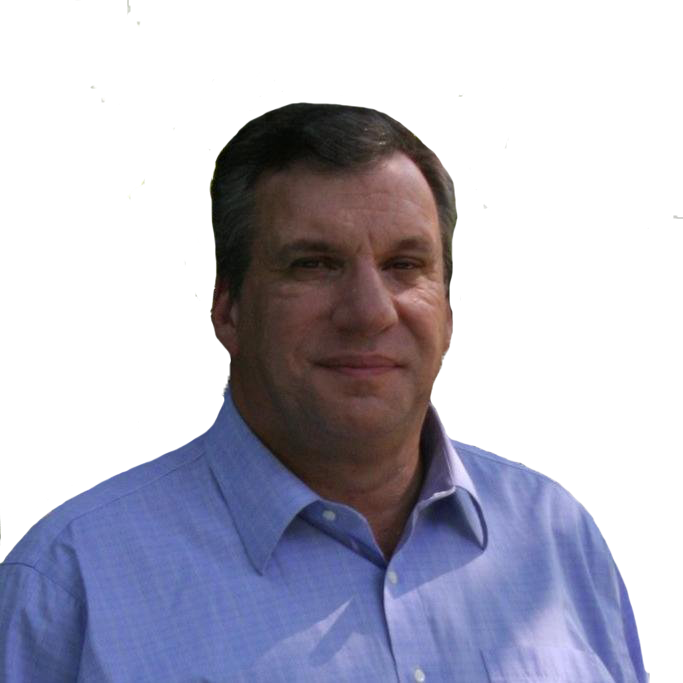 John Feinstein
John Feinstein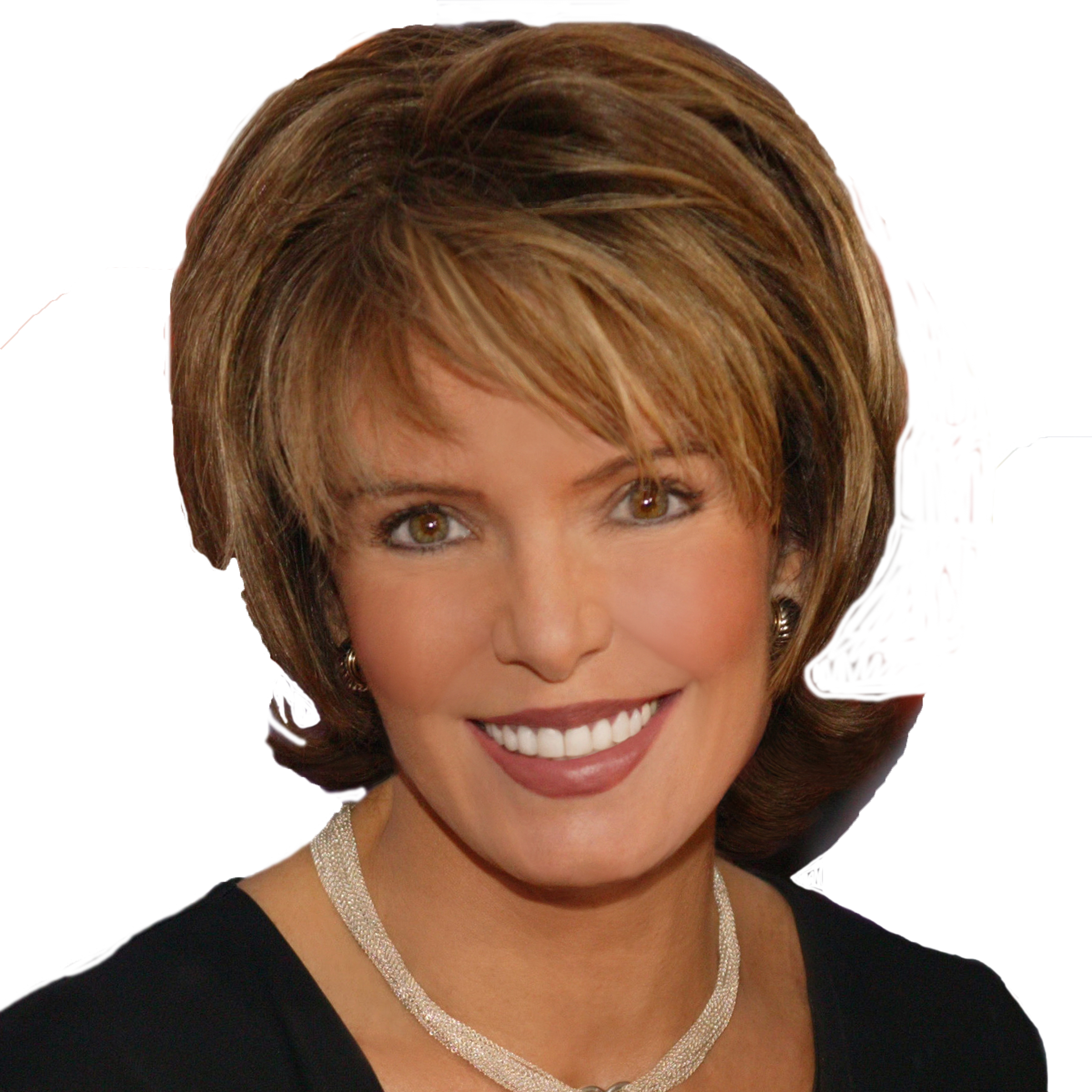 Lesley Visser
Lesley Visser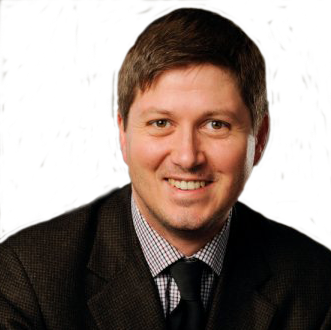 Will Leitch
Will Leitch Tim Kurkjian
Tim Kurkjian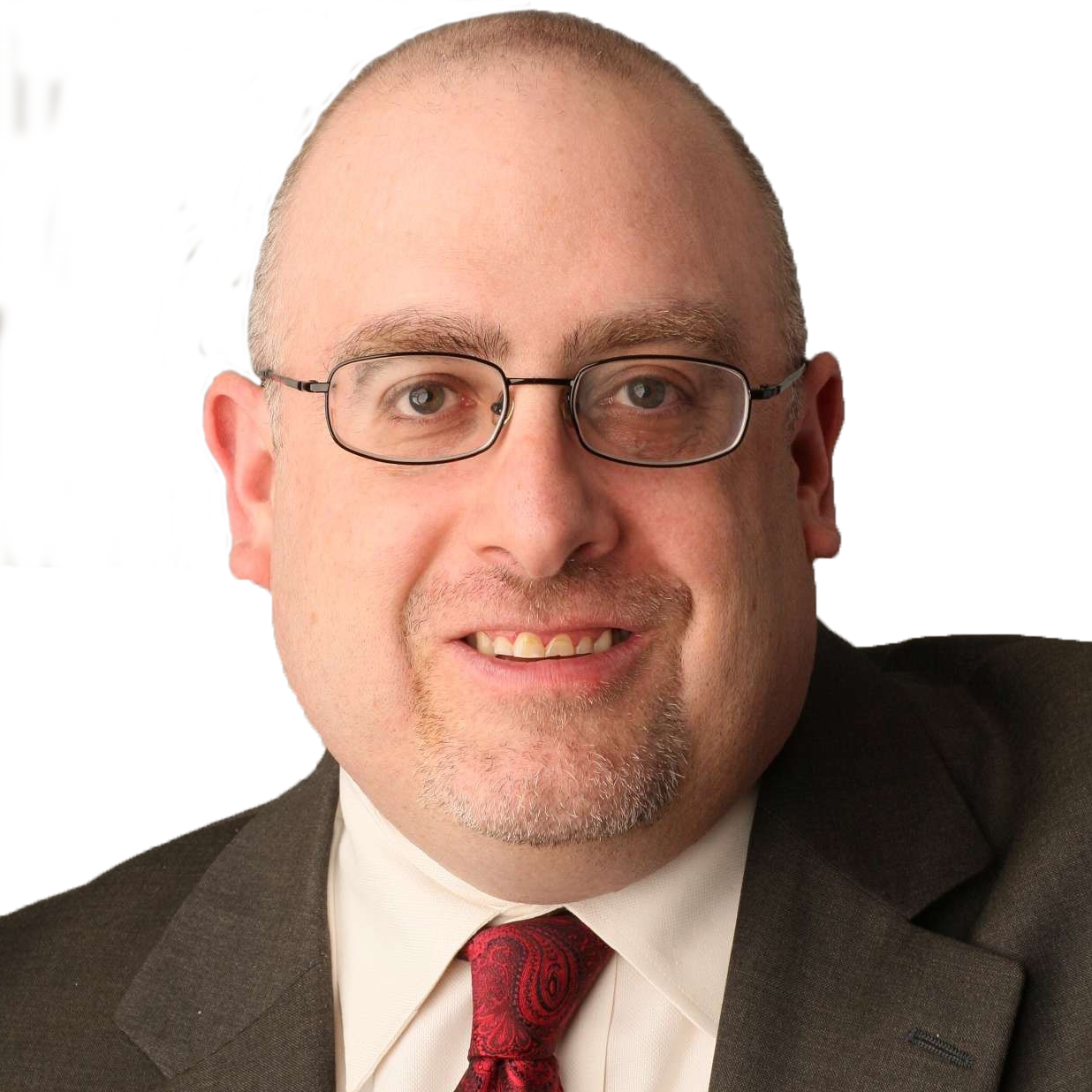 Joe Posnanski
Joe Posnanski
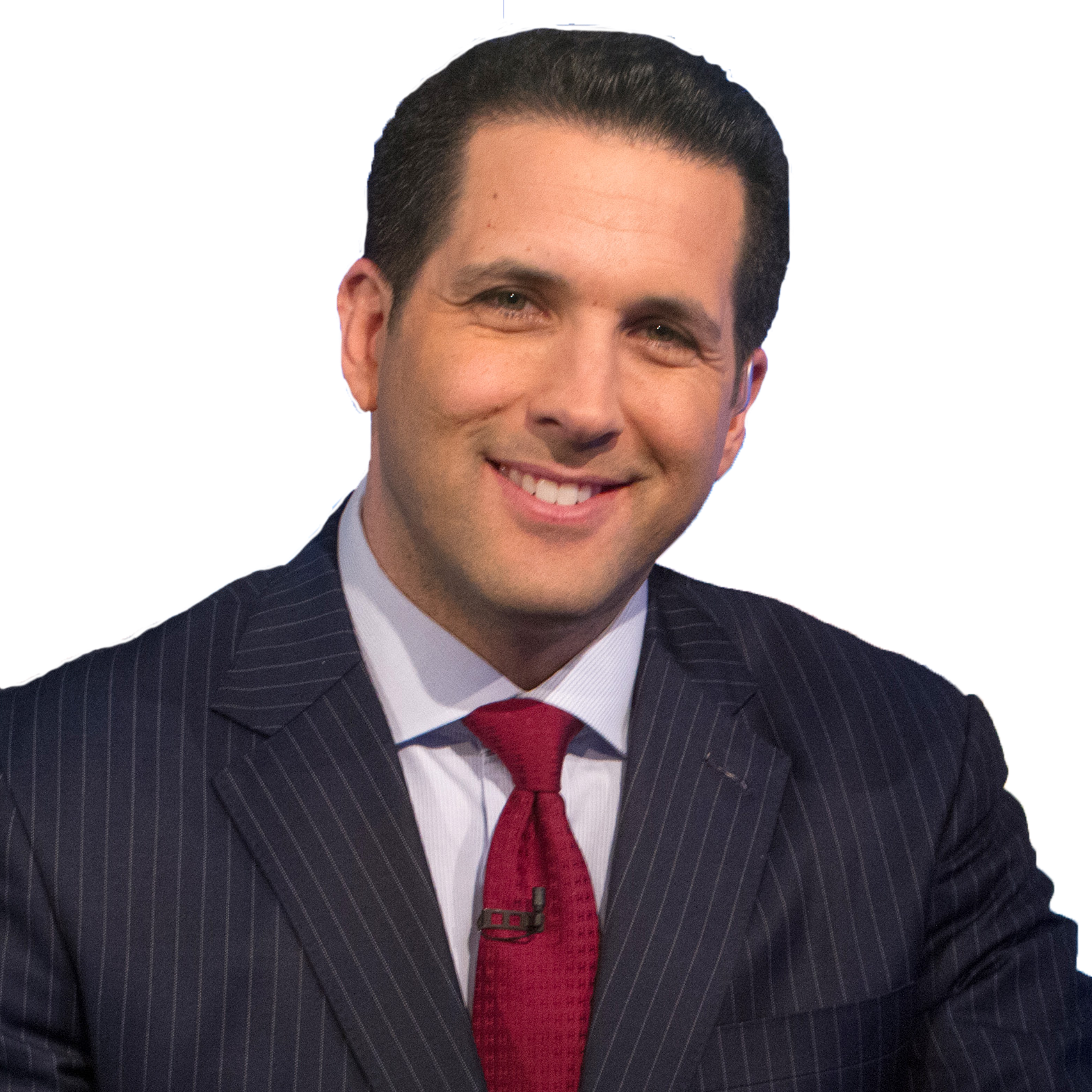 Adam Schefter
Adam Schefter
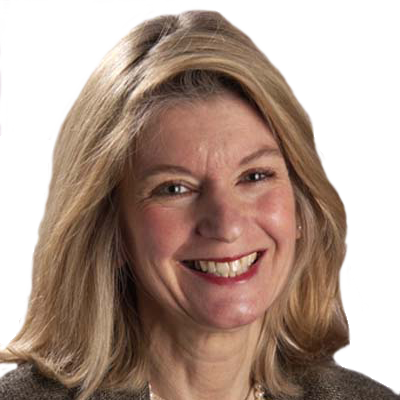 Terry Taylor
Terry Taylor
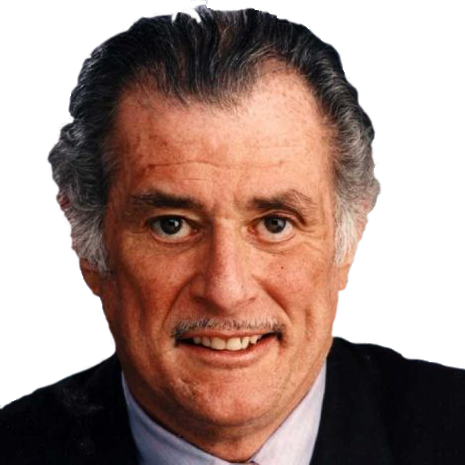 Frank Deford
Frank Deford
 Tom Boswell
Tom Boswell
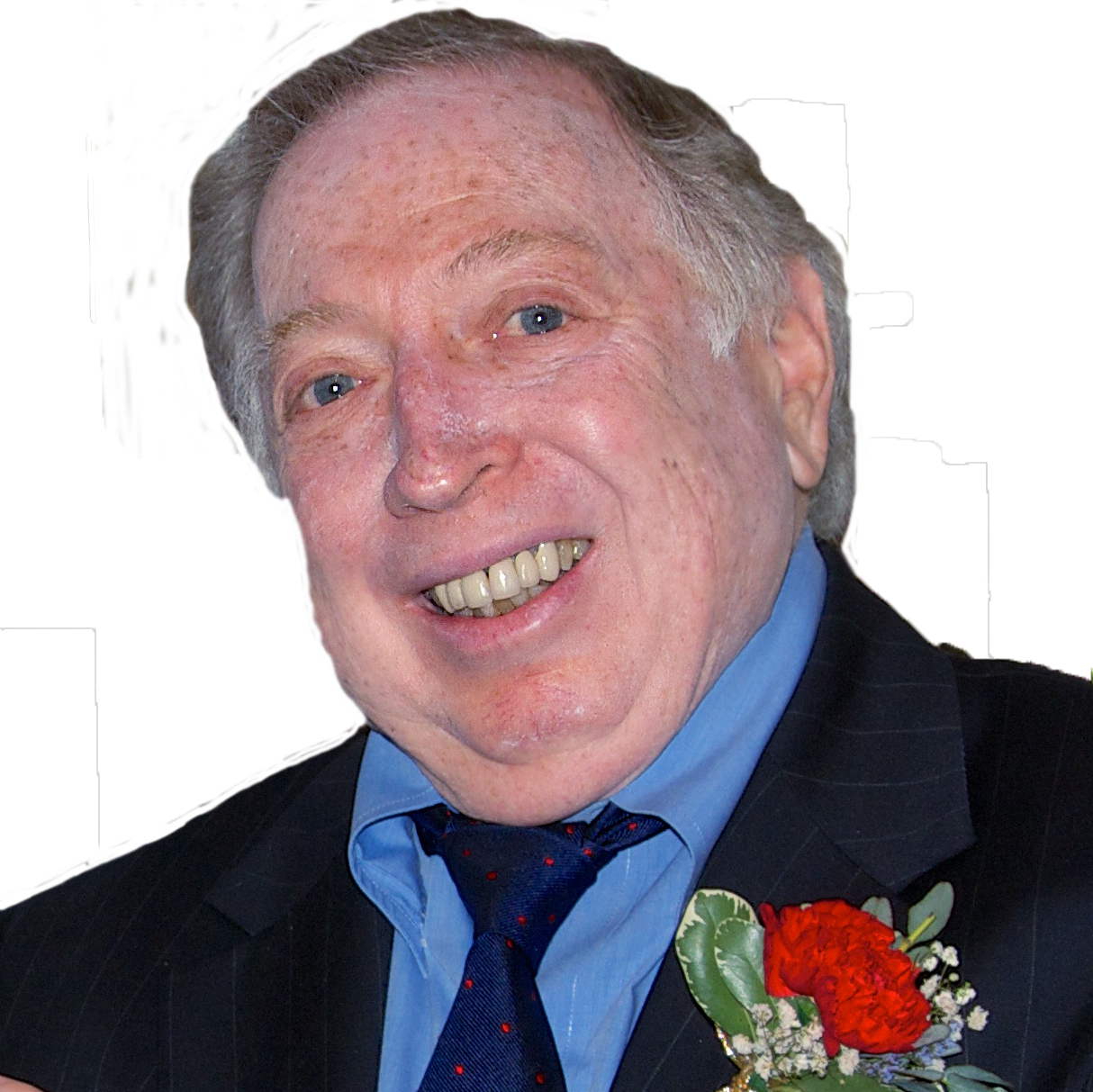 Neil Leifer
Neil Leifer
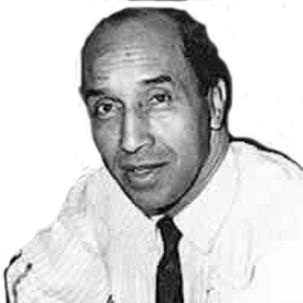 Sam Lacy
Sam Lacy
 Jane Leavy
Jane Leavy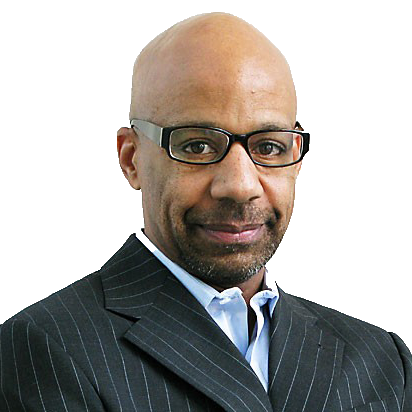 Kevin Blackistone
Kevin Blackistone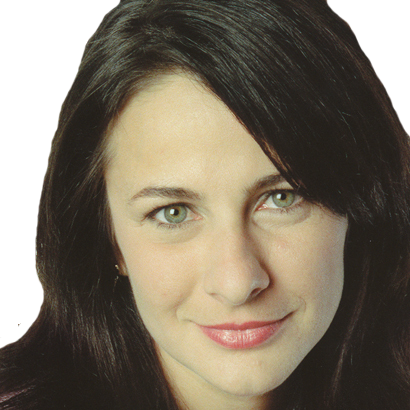 Juliet Macur
Juliet Macur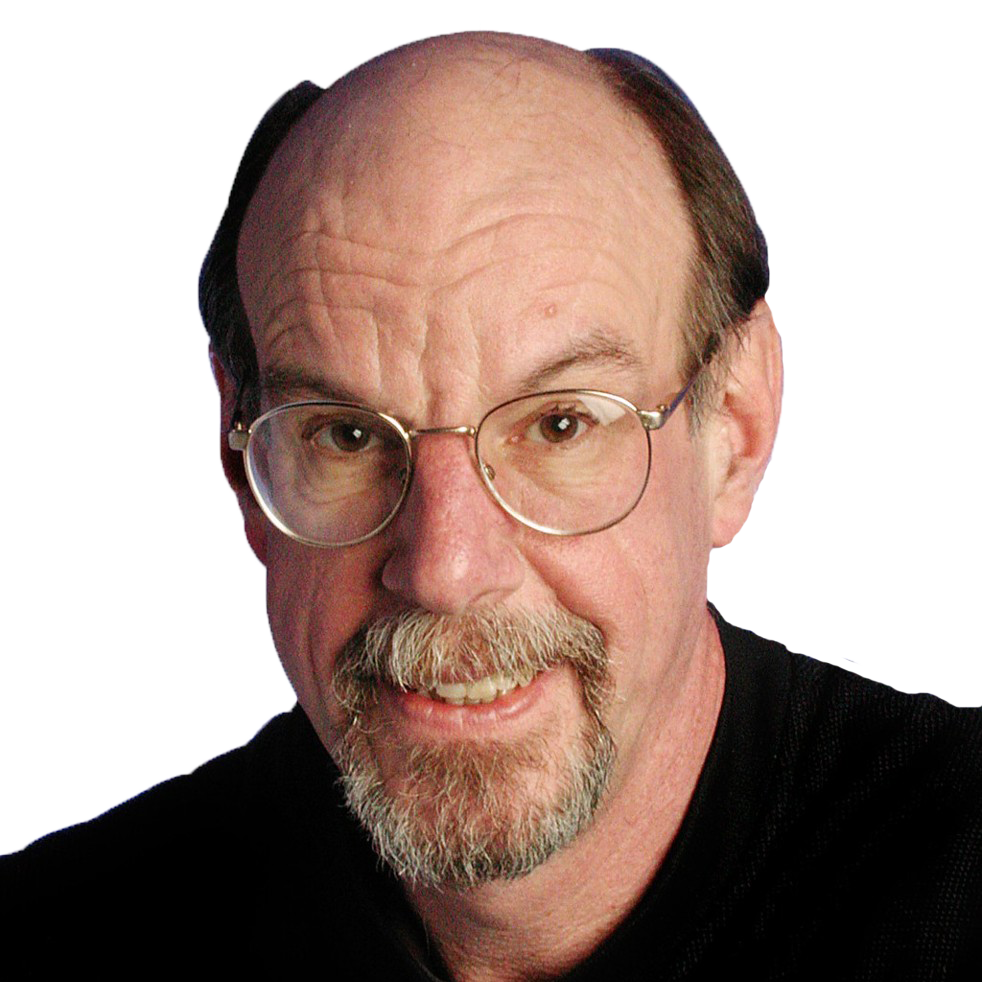 Andrew Beyer
Andrew Beyer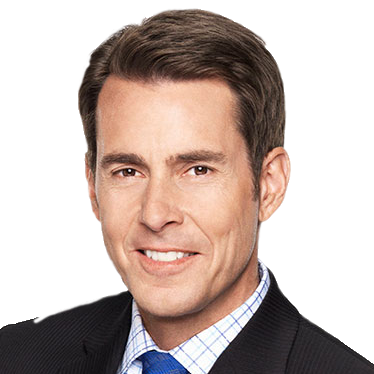 Tom Verducci
Tom Verducci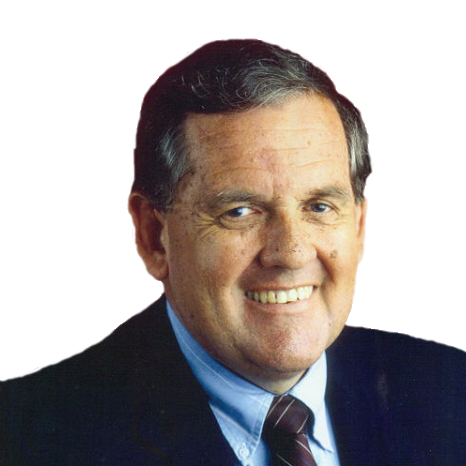 Hubert Mizell
Hubert Mizell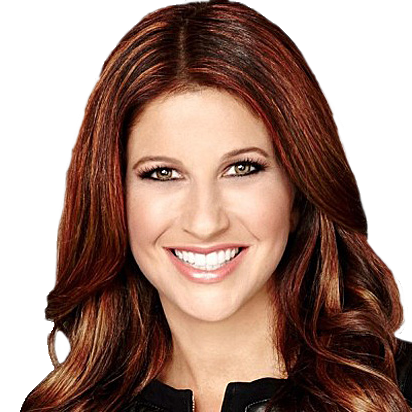 Rachel Nichols
Rachel Nichols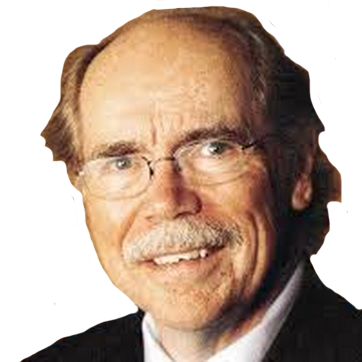 Dave Kindred
Dave Kindred Mike Lupica
Mike Lupica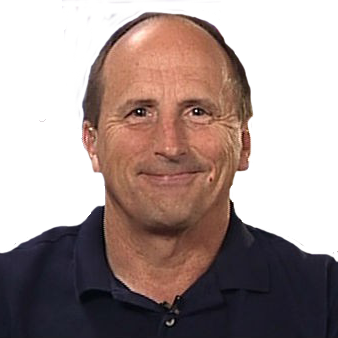 Richard Justice
Richard Justice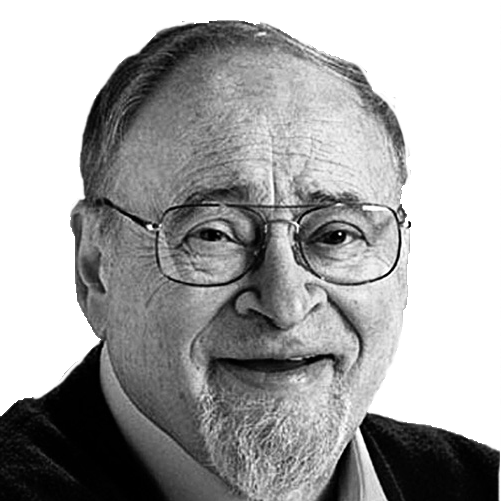 Jerry Izenberg
Jerry Izenberg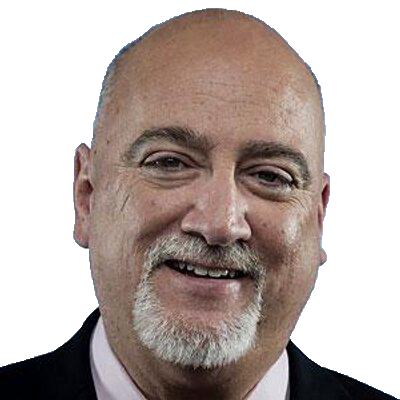 Bill Plaschke
Bill Plaschke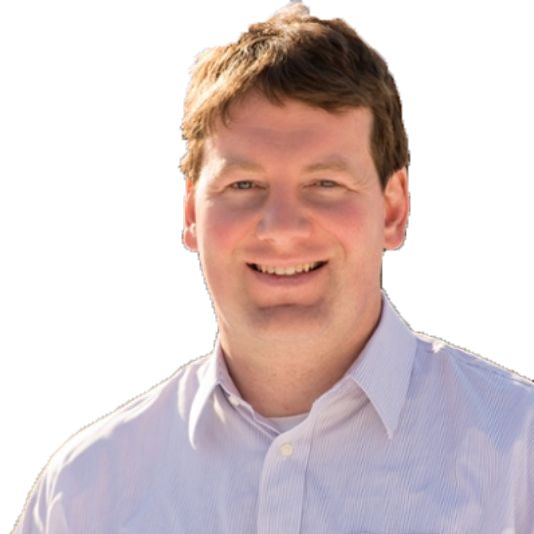 Kevin Van Valkenburg
Kevin Van Valkenburg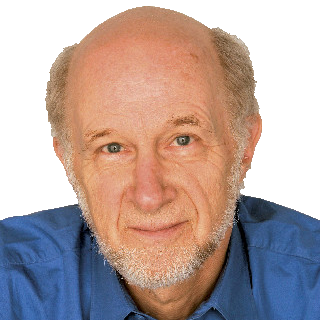 George Vecsey
George Vecsey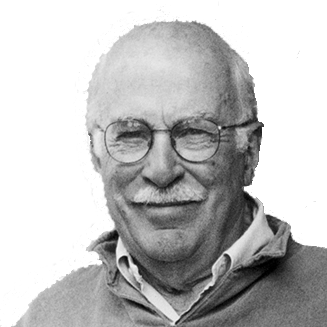 Roger Angell
Roger Angell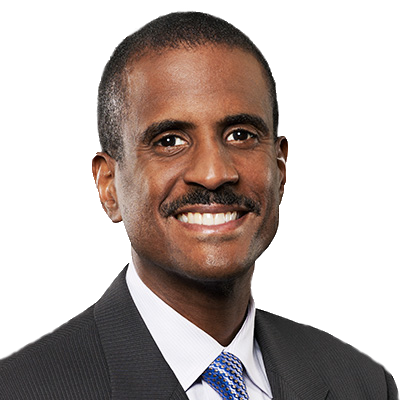 David Aldridge
David Aldridge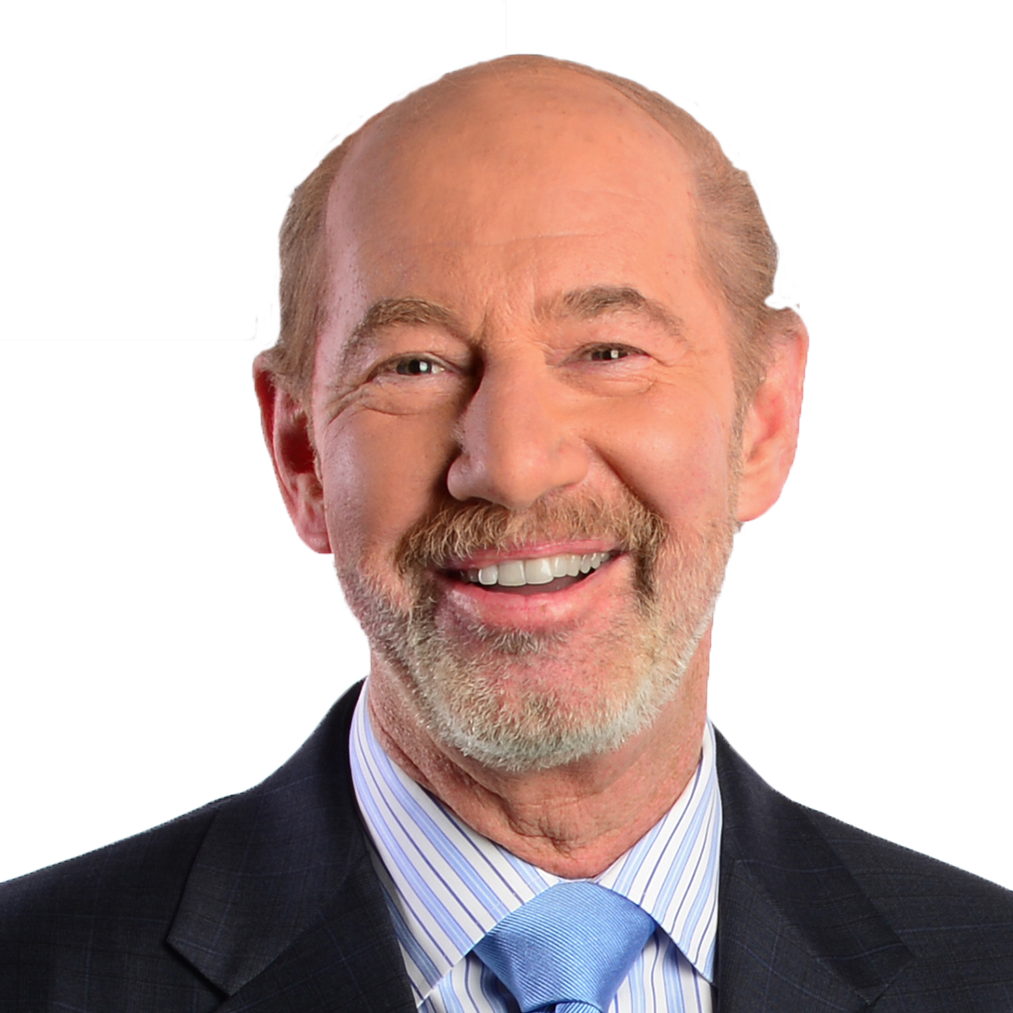 Tony Kornheiser
Tony Kornheiser Jackie MacMullan
Jackie MacMullan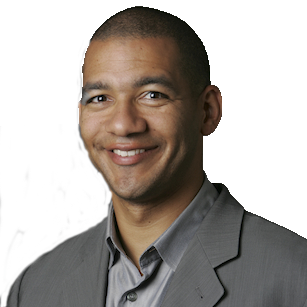 J.A. Adande
J.A. Adande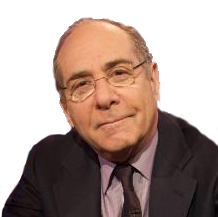 Robert Lipsyte
Robert Lipsyte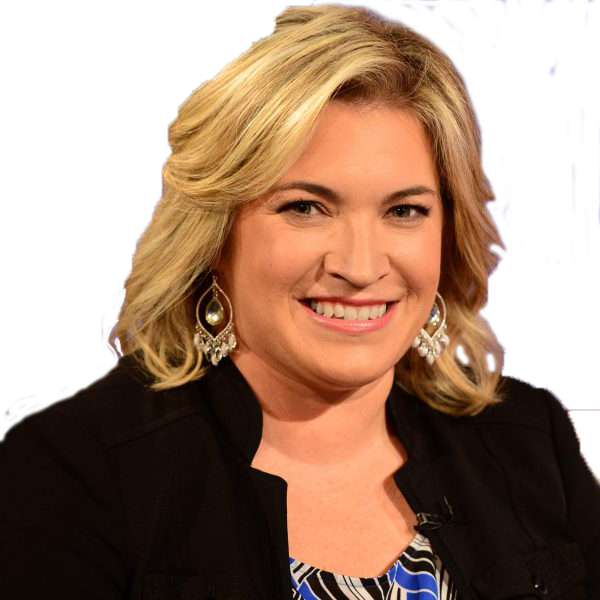 Ramona Shelburne
Ramona Shelburne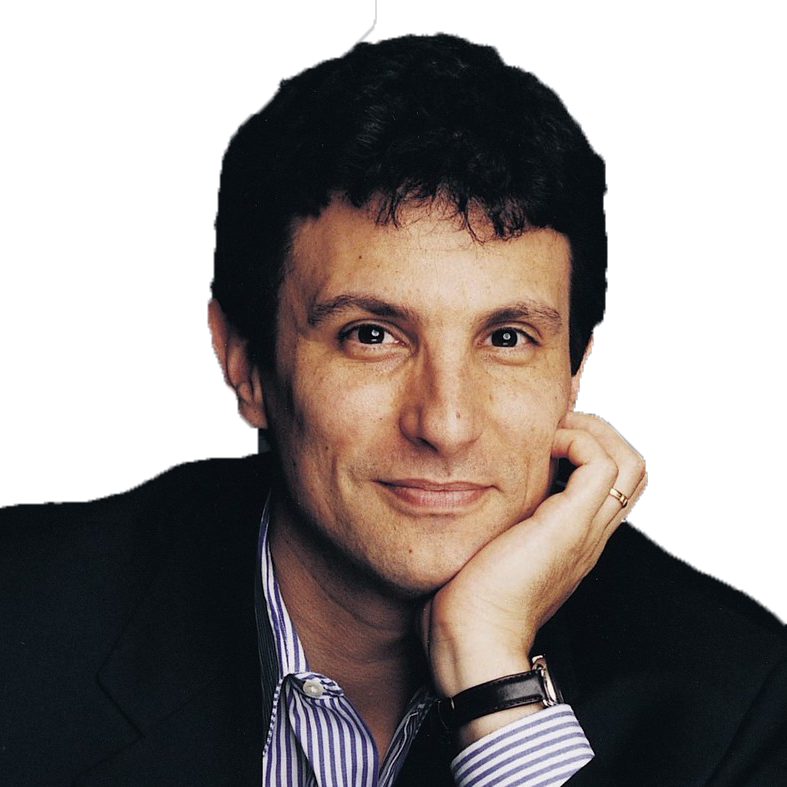 David Remnick
David Remnick Bryan Curtis
Bryan Curtis Chuck Culpepper
Chuck Culpepper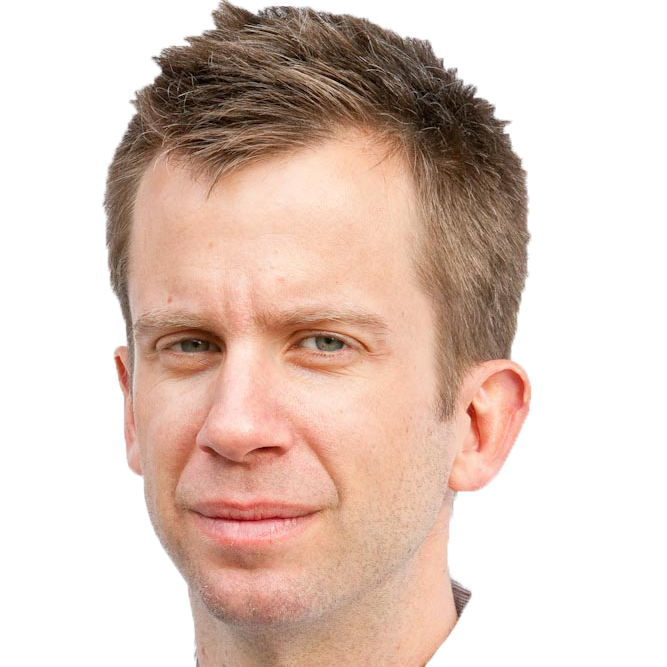 Jason Gay
Jason Gay Heidi Blake
Heidi Blake Dan Steinberg
Dan Steinberg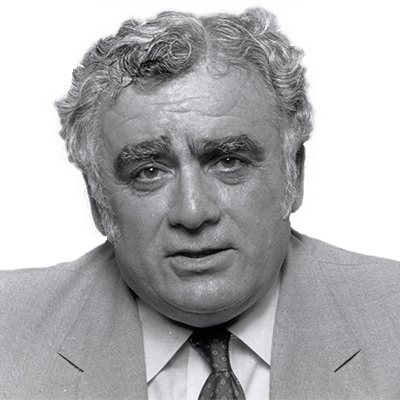 Jerome Holtzman
Jerome Holtzman Barry Svrluga
Barry Svrluga

